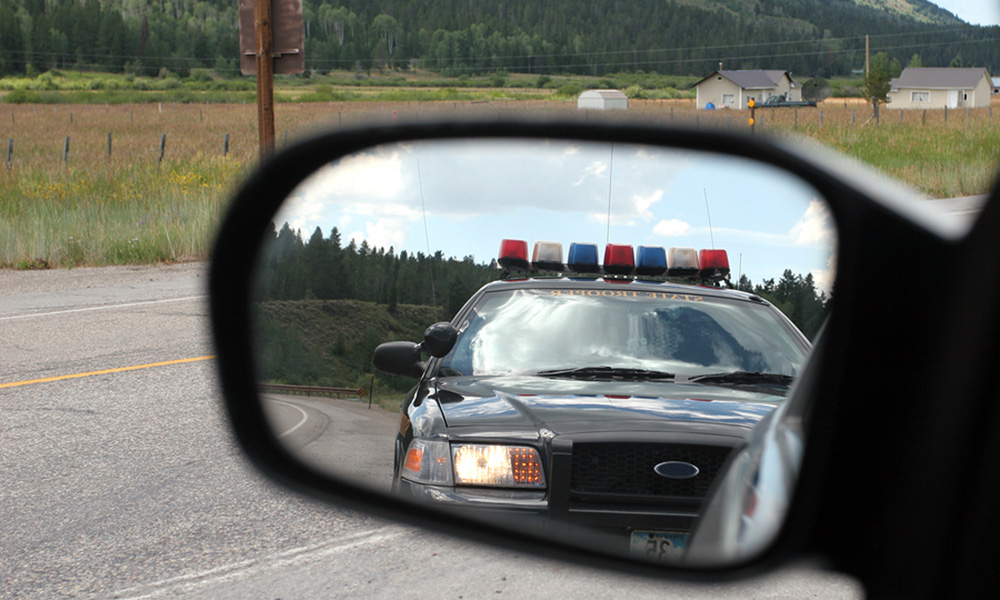Every state outlaws drinking and driving, but New York was the first, and it’s still a state where you do not want to be accused of driving while intoxicated (DWI). If you’re charged with DWI on Long Island or anywhere in New York City, it’s imperative to obtain legal representation immediately from an experienced Long Island DWI lawyer. Do not even think about going to court alone. In some cases, a good DWI defense lawyer may be able to have the charge reduced or dismissed; if the evidence against you is overwhelming, your criminal defense attorney may still be able to arrange for a reduced or alternate sentence.
New York has been charging drivers with DWI for more than a century; the state passed the nation’s first drunk driving law in 1910. In those days, the law was much simpler; it simply said that if you’re drunk, you can’t drive. But intoxication wasn’t specifically defined, and enforcement wasn’t a priority. In the 1930s, the American Medical Association and the National Safety Council determined that a driver with a blood-alcohol content (BAC) level of 0.15 percent or higher could be presumed to be under the influence; that’s almost double today’s legal limit, but it was the standard virtually everywhere right through the 1960s.
Then public opinion shifted; in the 1970s, DWI laws became tougher thanks to effective lobbying by groups like Mothers Against Drunk Driving (MADD). Every state has now increased the legal drinking age to 21, and police departments across the nation make DWI enforcement a high priority. Also in most jurisdictions, the legal BAC limit has dropped from 0.15 percent to 0.08 percent, and drivers in most states face automatic license suspensions for failing or refusing to take a breathalyzer test.
One major court case has changed the DWI landscape drastically. On August 23, 2008, the Mendocino County, California dispatch center received a call from a dispatcher in adjacent Humboldt County about a Ford F150 pickup that allegedly ran an anonymous caller in an unidentified vehicle off the road on southbound Highway 1. The original caller provided the license plate number of the pickup. The Mendocino dispatcher notified officers in the area; they stopped Lorenzo and Jose Navarette, smelled marijuana, found several large bags of pot – thirty pounds, in fact – and busted the brothers for transporting with intent to sell.
The legal issue in Navarette v. California was the traffic stop. Did the police have probable cause to stop the Navarette brothers? The Supreme Court said yes, and it upheld the convictions. Associate Justice Clarence Thomas, writing for the majority of the justices, said that the anonymous tip gave police officers sufficient probable cause.
Navarette takes away the legal safeguards established in the year 2000 in Florida v. J.L. In that decision, the Supreme Court decided that an anonymous tip about a man with a gun was inadequate to justify a stop and search. Navarette means that drivers in the state of New York can be now be stopped solely on the basis of anonymous tips.
If you’re accused of DWI, you absolutely need the counsel and help of a good DWI attorney. A dedicated DWI defense lawyer will aggressively defend your legal rights every step of the way and steer you through the legal process. If you’re facing any kind of DWI charge anywhere in or near New York City – even if it’s only a first offense – get the legal help you’re really going to need and contact an experienced Long Island DWI attorney immediately.











Comments are closed.